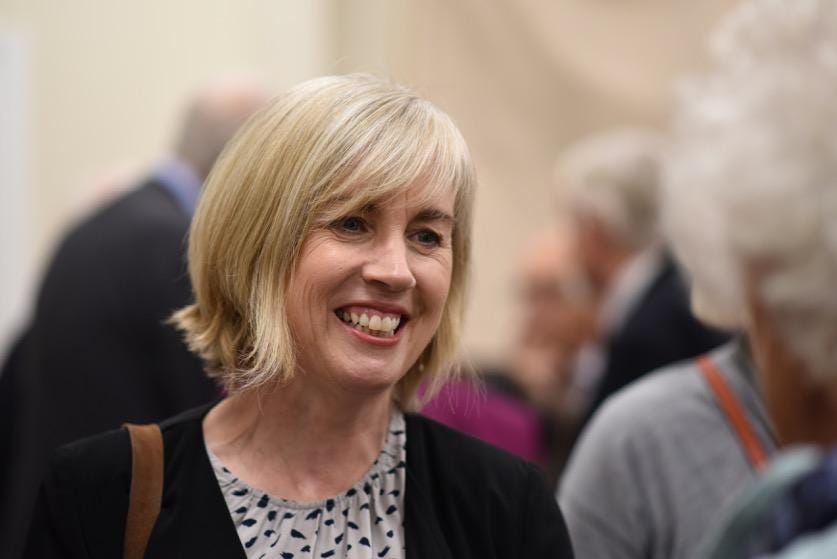
Hello!
I’m so glad you’ve found me here. This is my new Substack publication, the Cambridge Ladies’ Dining Society. You’ll find here short pieces about the women who came to Cambridge to study and work in the late 19th and early 20th centuries, as well as essays about writers, books and much more. Since launching my blog/newsletter on this platform in late 2023 I’ve loved being part of this welcoming, engaged and knowledgeable community of readers and writers. If you enjoy diving into – or even just dabbling in – books, literary lives and women’s history, I hope you’ll subscribe.
‘I enjoy the focus on unknown ordinary women in Cambridge, memorable because of being extraordinary.’
‘Ann, this is the kind of post that brings something unique to me on Substack that I can't get (can't find) anywhere else. The deft way you handle your material and the novel perspectives that you open up from your time in the archives are so precious. Thank you!’
‘English Republic of Letters’About me
I’m Ann, and after my first degree in languages at Trinity College Dublin I moved to Cambridge, UK as a PhD student in 1985. I fell in love with the place and a certain physicist, so I decided to stay. For a number of years I worked in academic publishing, then became a literature tutor for the University of Cambridge’s Institute of Continuing Education. My published work includes scholarly articles, a book about Baudelaire’s art criticism and a chapter on Tennyson and France (see my About page). Then, about ten years ago, I became fascinated by the stories of the pioneering women who came to Cambridge as students, wives and workers in the 1870s and 1880s, and my writing life took off in a completely new direction.
Writing and research
I enrolled to study at UEA, specializing in biography and creative nonfiction, and was awarded my Master’s in Creative Writing with honours in 2015. Since then I’ve worked as a freelance literary critic and essayist, and my articles and reviews have been published in the TLS, the Guardian, History Today, Slightly Foxed and the Oxford Dictionary of National Biography among others.
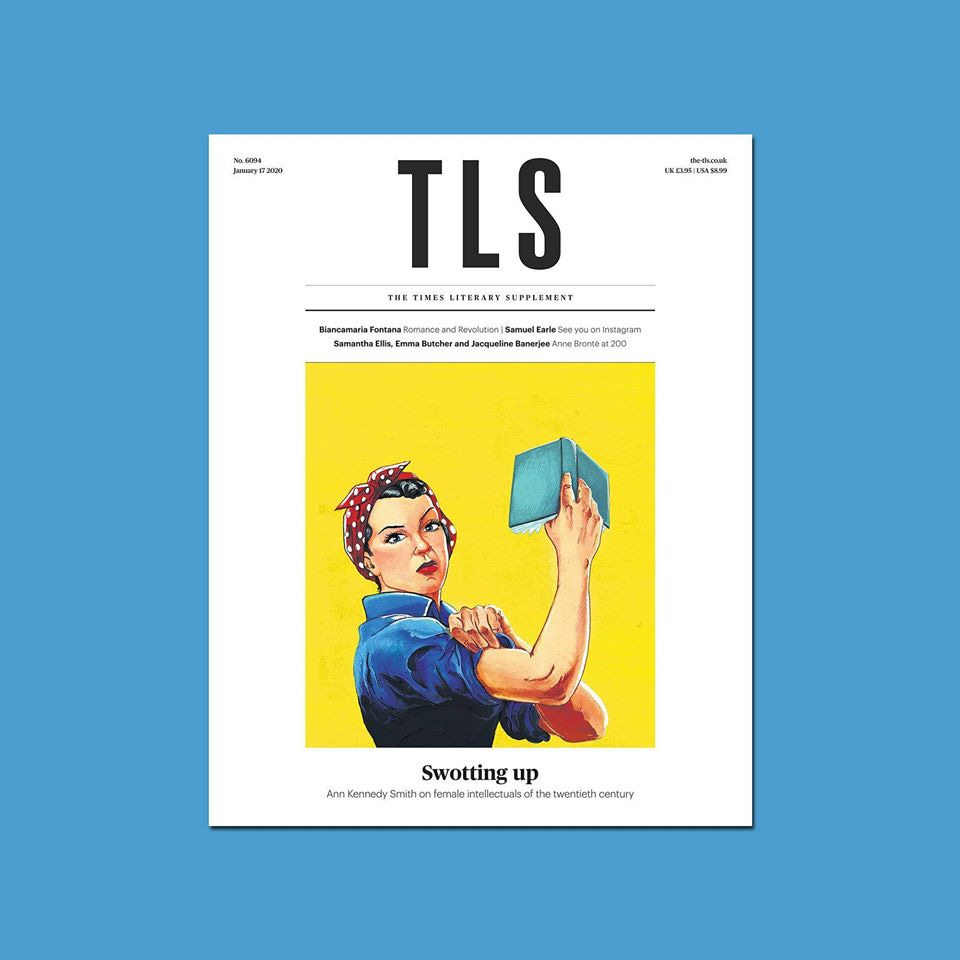
Cambridge women
Since 2015 I’ve also been busy researching in library and college archives, trying to find out more about the first generation of women who moved to Cambridge in the 1870s and 1880s to study, work and marry. For many years women at Cambridge were denied full degrees, barred from equal membership, and held at arm’s length by the University, but this first cohort of students, scholars and wives broke through barriers and helped future generations of women students (including myself, 100 years later). Their lasting influence is like a resilient web, still spinning outwards into the 21st century. Yet most of their stories have never been told.
In 2021 I was thrilled to be awarded funding as a Women’s History Network Independent Researcher. It was a recognition that this research - and the work of these pioneering women at Cambridge - mattered.
Literature and writers’ lives
One of the things I love about Substack is discovering brilliant authors and a shared love of literature here. I’m a regular contributor to Slightly Foxed magazine, writing about my favourite out-of-print memoirs. In my newsletters I will share my passion for old and new books, and what I’ve most enjoyed reading, reviewing and returning to.
I want to spread the word about a wide range of fiction and nonfiction, from neglected nineteenth- and twentieth-century classics to the best of twenty-first century writing, all seasoned with my favourite writerly Substack publications.
My focus will usually on the best of biography and memoir but I can’t resist lesser-known fiction and poetry. You’ll often find me wandering through the lives and homes of my favourite authors and artists including Virginia Woolf, Lucy Boston and Gwen Raverat. I always really love to hear about what you enjoy reading too, and it’s great to connect through the comments feature, or via email.
How to use a library
Hello and welcome! Most UK universities around this time have their university inductions and freshers’ weeks (though Cambridge’s term doesn’t start until October). This is a short post about Mary Paley Marshall (1850-1944). In the 1870s she was one of Cambridge University’s earliest women students and the first of two women ever to sit for its final ye…
Reading 20th-century women writers
Hello and welcome to all my new subscribers, I’m so glad you’re here. Today’s piece is the story of how, back in the 1970s, the UK publisher Virago started re-issuing novels by international women authors from the 19th and 20th centuries. Today there are lots of publishing imprints (eg Daunt Books and Persephone in UK; McNally Editions in USA) as well a…
Why Substack, and why subscribe?
Substack is based on a reader subscription network so it’s ad-free (bliss!) and simple to use. It helps writers to reach a wide audience by curating their newsletters and posts onto a personal website that can be searched and revisited.
There are two types of subscription. If you subscribe free to Cambridge Ladies’ Dining Society, you’ll get:
Regular newsletters delivered straight to your inbox every week or so, including A Cambridge Notebook, with up-to-date literary and arts news, views and links for further reading.
Most of my posts are free. After a few weeks some become available to paid subscribers only.
If you become a paid subscriber, you also get:
Regular paid subscriber-only articles, with full references and archive sources, plus access to my complete archive.
Access to our Book Club discussions (to be expanded in 2025).
The knowledge that you are helping me to continue with this project. Your generous support makes all the difference, and I appreciate it beyond words. (I also treasure your feedback and comments, such as the lovely message below from
, one of my first paid subscribers.)




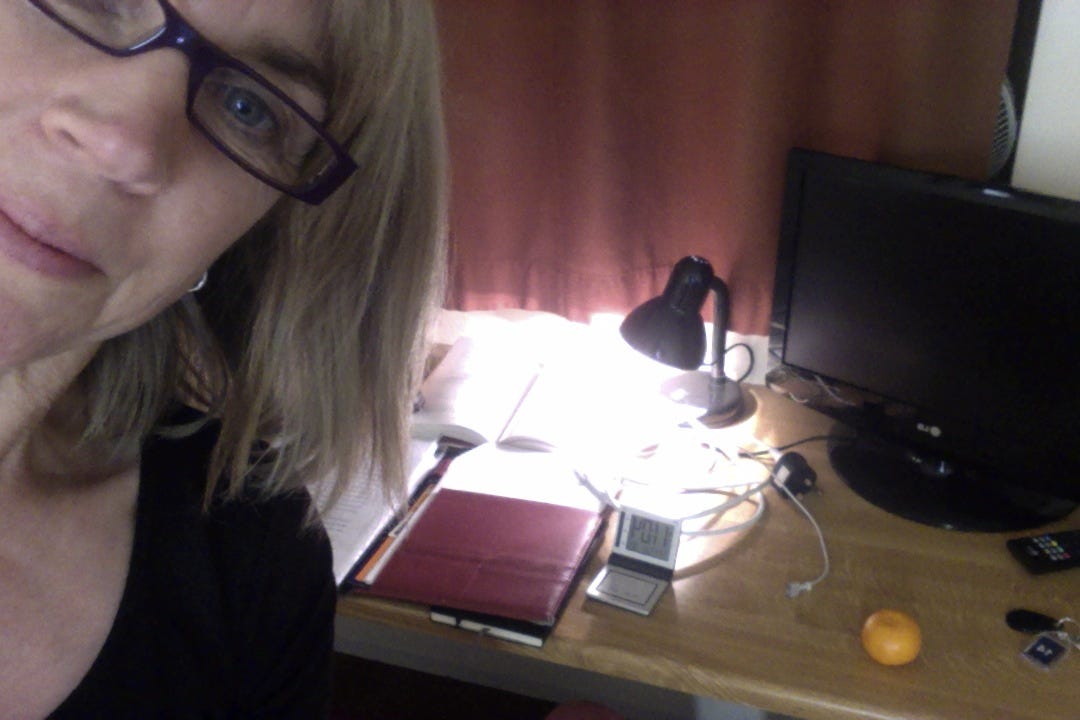
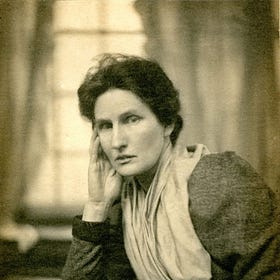
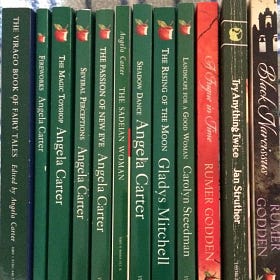
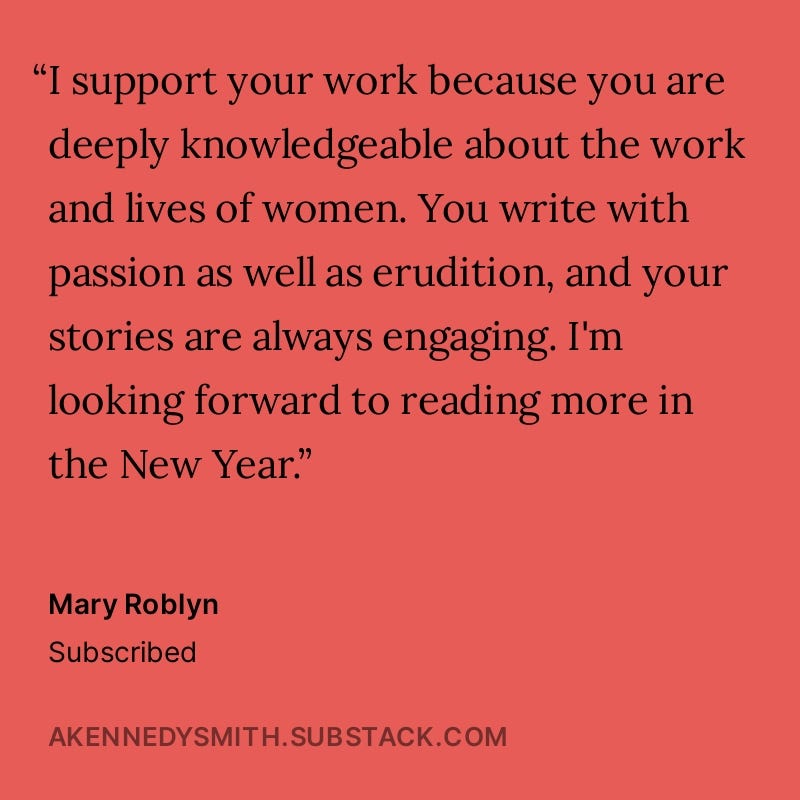

Oh, Ann. I am so honored. Every word I wrote can be magnified countless times. You were one of my first two paid subscribers. What that means is incalculable: in a lifetime of writing, I had never been paid as a writer. I deeply appreciate your kind and generous comments not only on my work, but on that of the many writers who are lifted by your words. And, most importantly, thank you for your posts!
Love your work. I think you should know that when I was studying in the U.K. in the '80s, I bought a secondhand dress in Cambridge that belonged to Mrs. John Maynard Keynes. I don't know her first name or anything else about her, but she had a tiny waist and very good taste.